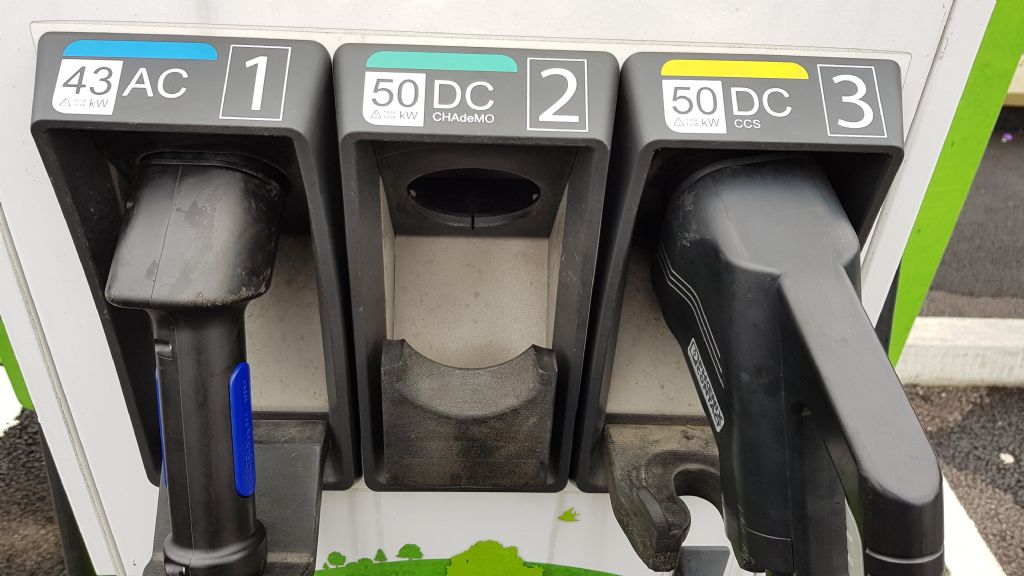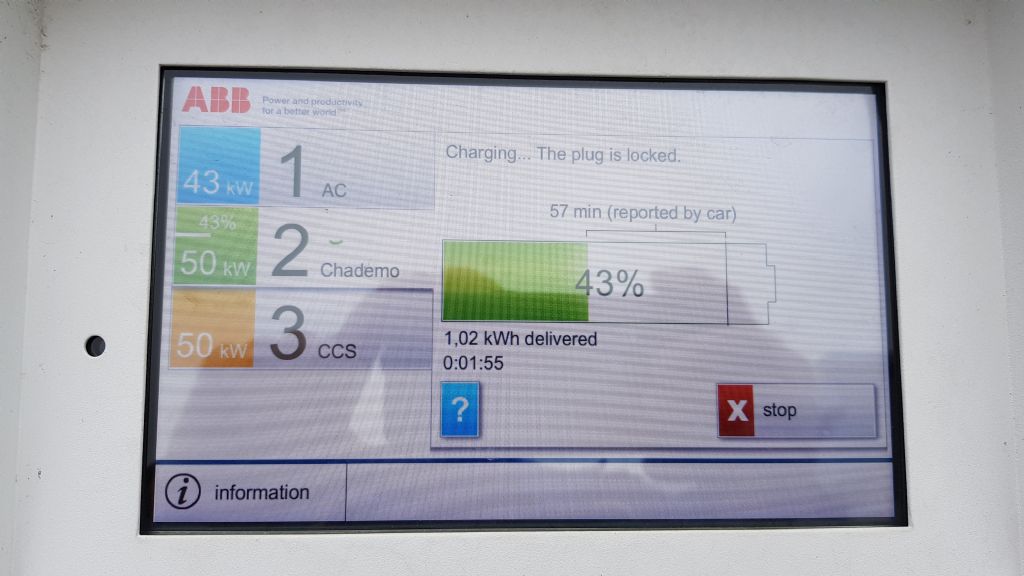Well yes, I am sure that sometime in the future we will all be running around in electric cars, but I feel at the moment that transition has just not been thought through.
We will be basically be removing millions of small ICE power units from running around the roads and replacing them with cars powered by power generated from static power generators, that is, power stations. Trouble with this is that power generation capacity is near full at some peak power times already, like in very cold mid-winter conditions here in the UK as it is – where is the spare capacity coming from to re-charge all these battery powered cars at those times?
We have shut or are shutting all the coal fired power stations, some ahead of the end of their natural life, gas and oil powered power stations are also frowned upon, and I've read recently that a fair proportion of our nuclear power stations will also be closed within a very few years. Whilst renewable power sources do well, the sun doesn't shine at night and the wind doesn't always blow as required, sometimes not at all and sometimes too much, so you need a back-up to the renewables. I don't read anything about a whole new wave of 'clean' power stations being built, so it seems obvious to me that in the future the way things are going we stand an excellent chance of power shortages..
Then there is distribution. All these charging points planned to swamp the country over the next few years are going to need new distribution cable networks installing – again I see no evidence of that planned. Current distribution networks will not cope with the increased power load, for sure.
Charging at home for many is a non-starter, even if the current power distribution in the street and homes could supply it, which many probably cannot. Thinking of terraced houses, new "affordable homes", village houses in the sticks built with no drives, blocks of flats – where are those cars going to be charged?
Electric cars will also produce the same amount of brake and rubber tyre dust pollution as any other car, so emissions will not drop to zero as some think, and as have been suggested already, in their total life cycle will electric cars produce any less climate change pollution than ICE cars?
Cost. Even if electric cars reduce in relative cost to current ICE cars levels, will the all population be able, and willing, to afford to buy new electric cars – I know by then I probably would not, and even if I could at my age would I want to commit to that sort of currently unplanned capital outlay?
Batteries. Where are all the materials coming from to make all these batteries? We could very soon be in the same position as now with oil, where we are running out of reserves and what reserves we have is 'owned' by a small number of possibly hostile countries able to hold the rest to ransom.
We seem to be only thinking UK here, but the same will apply world wide, it will be a global problem.
I do not know what the future will bring. We face an uncertain and probable hostile future. The rocketing world population requires fuel (or energy), food and water and the possibility of future wars as countries seek to ensure that their citizens have enough of all three are high; transition to electric vehicles is part of that equation.
But it needs to be thought through properly before implementation; currently it seems to be little more than just a statement on someones wish list being pushed forward.
And no-one seems to be talking about trucks, farm vehicles, heavy earth moving vehicles and the like.
Chris
Lots of edits to correct spelling mistakes! Have always claimed any engineer worth his salt can't spell, but try not to prove it!!
Edited By ChrisH on 20/11/2020 10:11:32
Edited By ChrisH on 20/11/2020 10:12:08
Edited By ChrisH on 20/11/2020 10:14:35
pgk pgk.







